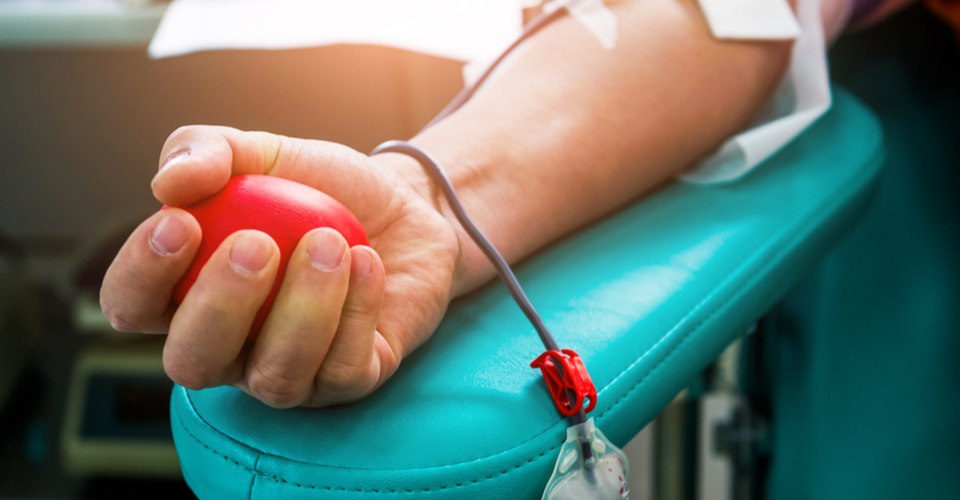The U.S. is facing the worst blood shortage in recent years with blood centers across the country having a dangerously low supply for certain critical blood types. Unfortunately, there’s been a blood supply shortage at various points throughout the pandemic due to a decline in overall blood donations and other pandemic-related disruptions.
January is National Blood Donor Month, so we want to do our part by spreading the word about the need for this essential medicine.
Blood is a lifesaving medicine
More than 16 million units of blood and blood products are transferred annually with more than 45,000 units needed daily, according to the Association for the Advancement of Blood & Biotherapies (AABB).
Blood is used in hospitals and emergency treatment facilities for a variety of medical needs, such as:
-
Patients with cancer and other diseases
-
Organ transplant recipients
-
Accident and trauma victims
Due to the blood supply challenges, some facilities have had to alter treatment or cancel patient surgeries.
Therefore, blood donors are needed to ensure this lifesaving essential medicine is available for patients whenever needed.
Blood donation 101
The AABB states that most blood donation facilities require donors to weigh at minimum 110 pounds, be at least 16 years old and be in overall good health.
If you haven’t donated blood before, here’s what you can generally expect:
-
Before you donate blood, you’ll go through a pre-donation screening where they’ll ask questions about your health, lifestyle and disease risk factors. This information is confidential. Additionally, they’ll perform a quick health exam (e.g. taking your pulse, temperature and blood pressure) and test your blood iron level via a small drop of blood.
-
The actual blood donation process usually takes less than 10 minutes. Your chosen arm will be cleaned with an antiseptic and then a blood donation kit will be used to draw blood from a vein in your arm.
-
After donation, you’ll receive refreshments and be asked to wait in a holding area to ensure you feel strong enough to leave. You’ll also receive post-donation instructions to avoid or identify potential issues.
In about an hour, you can impact the lives of multiple people. In fact, one blood donation can save up to three lives.
Blood donation near you
Donating blood is a great way to give back to others. It’s a meaningful way to help your community, as well as a good reason to get out of the house.
Use the AABB Blood Donation Site Locator to find a blood bank near you. You can also look for blood drives in your area at nearby businesses, schools, places of worship and other community organizations.







.png?width=600&name=HSI-CTA-EmergencyCareTraining%20(1).png)











Comments